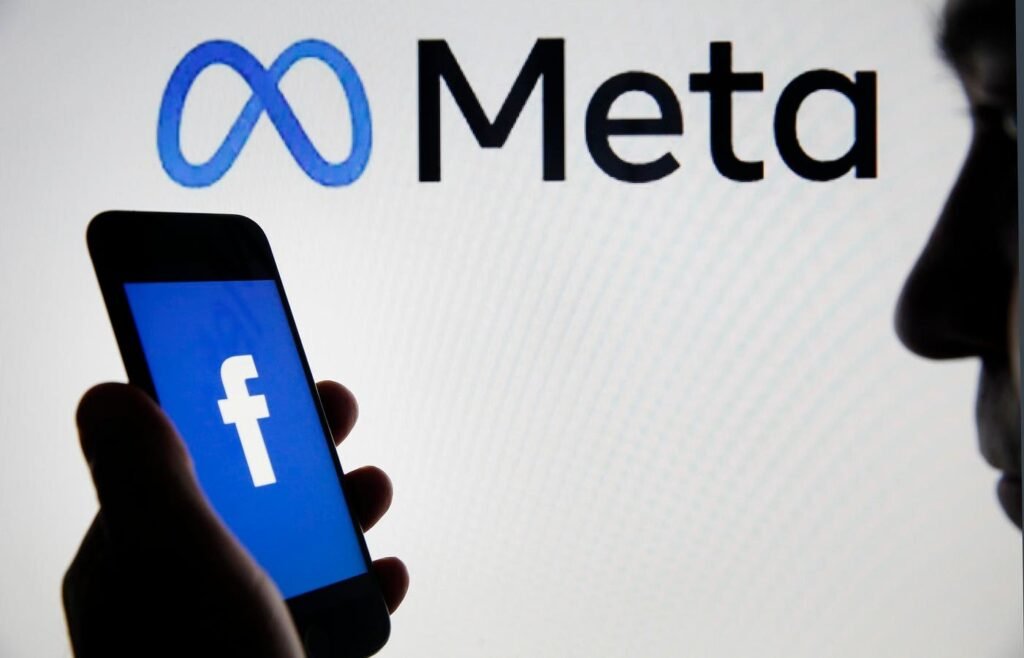Brazil’s Meta had been trademarked 13 years before Facebook changed its name to Meta
Social networking company Meta Platforms, Inc. was banned from using the name “Meta” in Brazil. The decision was issued by the São Paulo State Court on Wednesday (28).
The decision follows a seven-month trademark rights dispute between the social networking company and Meta Serviços em Informática, a digital transformation consultancy founded in Brazil in 1990.
The Brazilian company had applied for its trademark in 1996, which was granted by the National Institute of Industrial Property (INPI) in 2008, more than a decade before Mark Zuckerberg’s company changed its name from Facebook to Meta.
According to the ruling, social media company Meta has 30 days to comply with the ruling or pay a daily fine of BRL 100,000 ($20,173). An appeal is still possible.
In the decision, the judges emphasized that the Brazilian company’s trademark registration has existed for more than a quarter of a century and that foreign companies must comply with local regulations if they wish to do business in Brazil.
According to Meta, the consultancy, the fact that the social networking company used the same name led to “confusion, losses and unprecedented requirements in various areas such as legal, administrative, technological and financial, which worsened over time”.
Such consequences include receiving numerous out-of-court notices on Facebook, Instagram or WhatsApp, including consumer complaints and formal account ban requests.
In addition, the Brazilian company noted that it is wrongly named as a defendant in several lawsuits that should have been directed at the American company. According to Meta, the consultancy, since the legal battle between the two companies began, the number of cases wrongly citing the Brazilian company has increased from 27 to 143. This has led to an unplanned expansion of the company’s legal team to to deal with the lawsuits. has received.
Meta Platforms has not responded to requests for comment at the time of publication.
Although decisions of this nature are common, the Meta v. Meta case has important and educational implications and highlights that the strategy of using a single global brand can face significant challenges, according to Luiz Marinello, an expert in intellectual property law and founder partner in the Brazilian law firm Marinello Advogados.
International agreements such as the Madrid Protocol, to which Brazil is a signatory, make it easier to protect certain trademarks in different countries, Marinello pointed out. “However, the rights of the local owner, who has unquestionable priority, must be preserved,” he added.
Marinello said further discussion is expected until a final decision is reached, possibly through an agreement, but noted that the Sao Paulo Court has already made a strong statement, emphasizing the Brazilian company’s priority rights. “This lawsuit is shaping up to be one of the most intense trademark disputes in Brazil in recent times,” he concluded.
